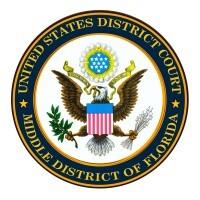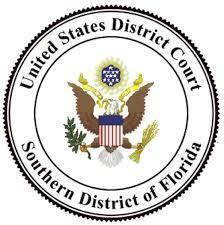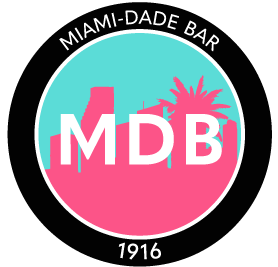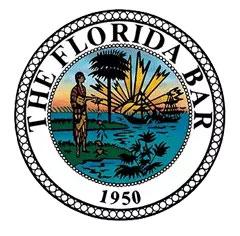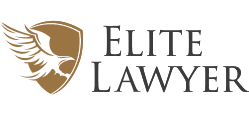Ancillary vs. Summary Administration During Probate
 Florida probate can be a complicated process, especially when someone passes away owning property in more than one state. Two forms of probate administration commonly arise in these cases: ancillary administration and summary administration. As of June 2025, the Florida Probate Code continues to distinguish between these two paths based on the location and value of the decedent’s assets. Understanding the difference is essential for surviving family members, executors, and anyone handling cross-state estates. Knowing which probate process is right for your family will depend on the circumstances, and our Miami, FL probate and family law attorneys are here to help.
Florida probate can be a complicated process, especially when someone passes away owning property in more than one state. Two forms of probate administration commonly arise in these cases: ancillary administration and summary administration. As of June 2025, the Florida Probate Code continues to distinguish between these two paths based on the location and value of the decedent’s assets. Understanding the difference is essential for surviving family members, executors, and anyone handling cross-state estates. Knowing which probate process is right for your family will depend on the circumstances, and our Miami, FL probate and family law attorneys are here to help.
What Is Ancillary Administration in Florida?
Ancillary administration is used when a non-Florida resident dies owning property in Florida. The main probate case is handled in the person’s state of residence, but a separate proceeding — called ancillary administration — must be opened in Florida to deal with real estate or tangible assets located here.
For example, if a New York resident dies owning a condo in Miami, the personal representative must open an ancillary probate case in Florida in order to sell or transfer the Florida property. Florida courts do not have jurisdiction over out-of-state estates, but they do have exclusive jurisdiction over local real estate and certain other assets.
Ancillary administration generally follows the formal probate process. The personal representative may need to hire a Florida attorney, file required notices and pleadings, and wait through creditor periods and court approvals. The process is slower and more complex than summary administration, but it is required when assets exceed certain thresholds or when the formal transfer of title is needed.
What Is Summary Administration in Florida?
Summary administration is a simplified probate process available under Florida Statute § 735.201. It is available when the value of the entire estate subject to probate in Florida is less than $75,000, or the decedent has been dead for more than two years
Unlike formal or ancillary probate, summary administration does not require the appointment of a personal representative. The court can issue orders directly to distribute assets, assuming all legal conditions are met.
Summary administration is typically faster and less expensive than other probate processes and is often used for small estates, especially when there is no dispute among heirs or creditors.
Which Probate Process Should Be Used?
The choice between ancillary and summary administration depends on three main factors:
-
Whether the decedent was a Florida resident
-
The total value of the Florida-based assets
-
How much time has passed since the person’s death
If the decedent was a nonresident but owned valuable Florida property, ancillary probate is likely required. If the decedent died more than two years ago or the Florida estate is worth less than $75,000, summary administration may be an option.
A probate lawyer in Miami can help review the death certificate, last will and testament, and asset list to determine the correct process and avoid costly delays.
Do You Need an Attorney for Ancillary or Summary Probate?
While Florida law does not require an attorney for summary administration, the legal filings and notice requirements can be difficult to manage alone, especially when family members live out of state. Ancillary probate, which often includes real estate and more complex legal steps, almost always requires a Florida-licensed attorney.
Contact a Miami, FL Probate Attorney
If you are handling the estate of a loved one who owned property in Florida, choosing the right probate process matters. Whether you need help with summary administration or must file for ancillary probate, our Miami, FL estate planning and probate attorneys are here to guide you. Call Miami Family Law Group, PLLC at 305-520-7874 today.
Contact Miami Family Law Group, PLLC
Our attorneys are ready to help address your legal needs. Schedule an appointment by calling 305-520-7874 or contacting us online.


